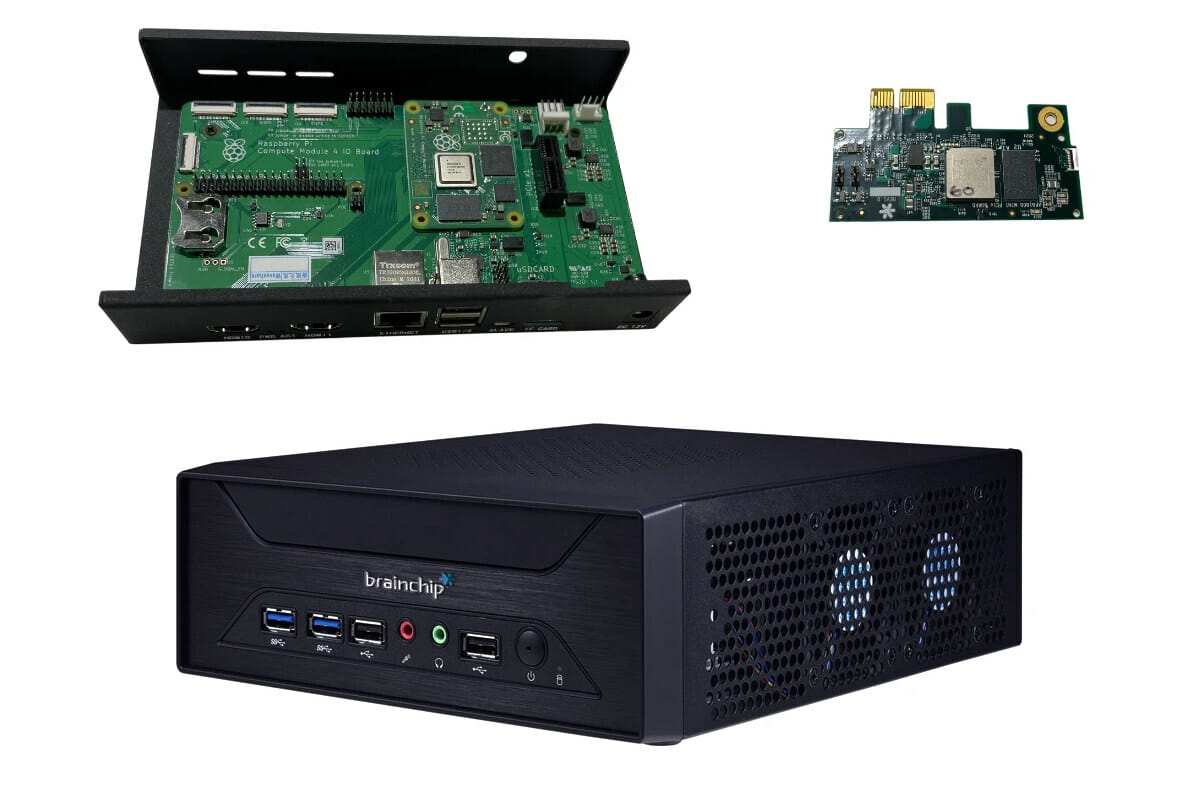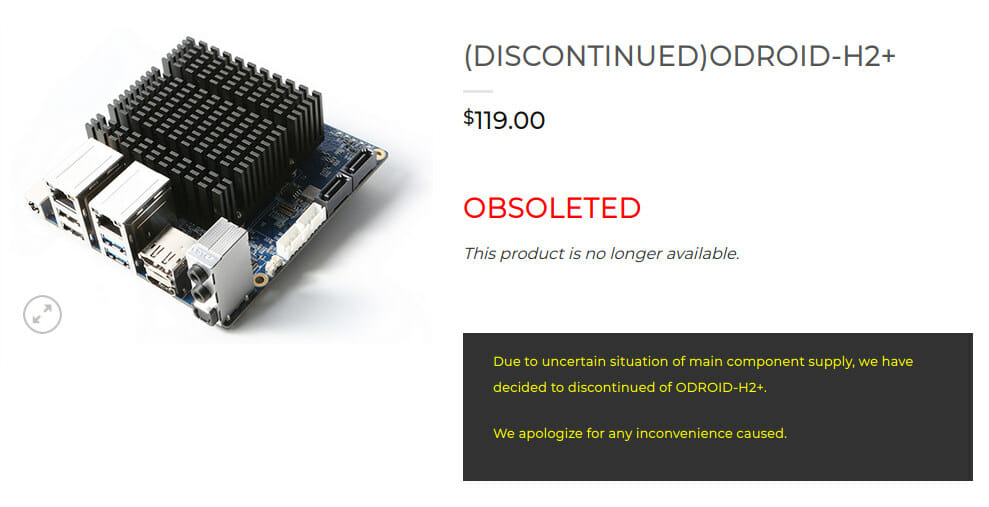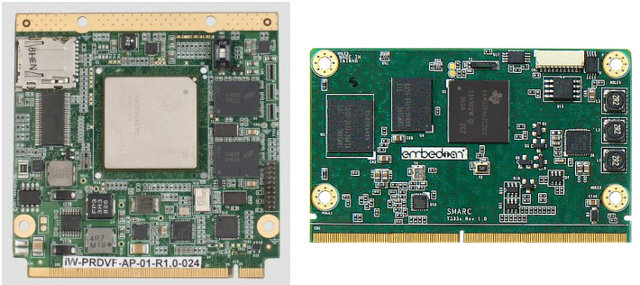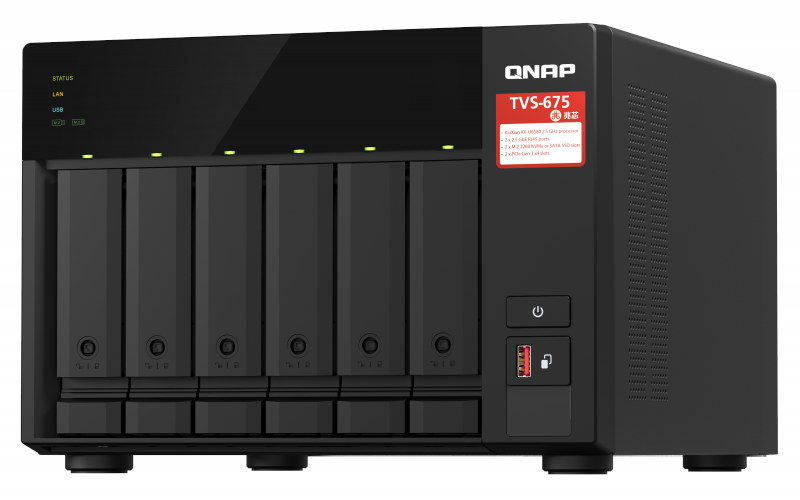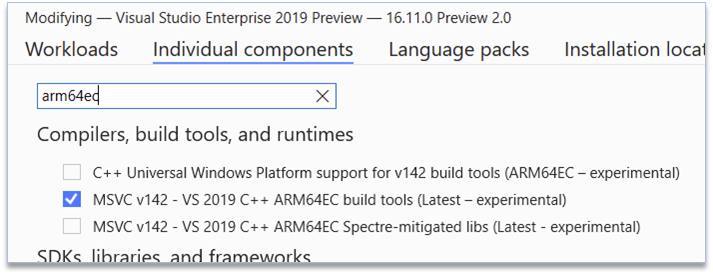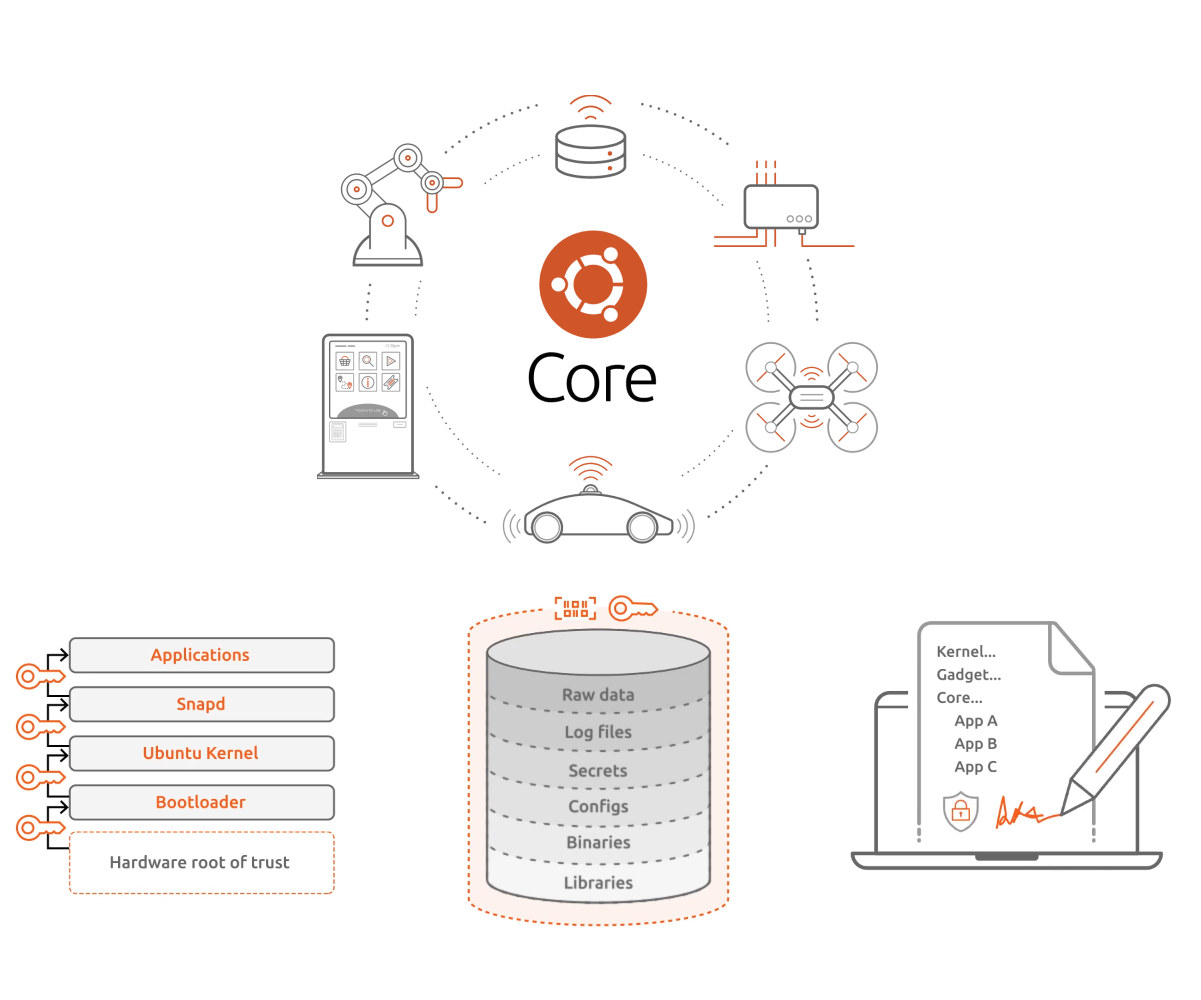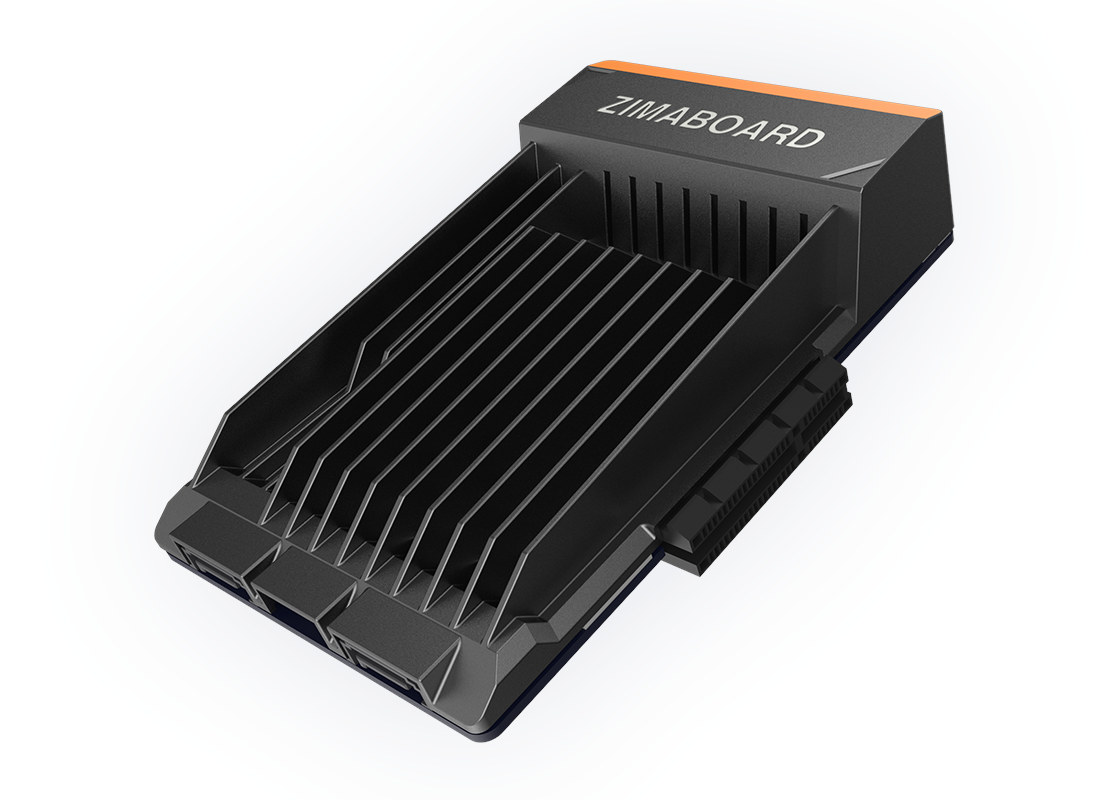As per tradition, we’ll look back at what happened during the year in the last post, and see what 2022 may have in store, plus the usual statistics from CNX Software website. The biggest story of 2021 has to be the worsening of semiconductors shortages with extremely long lead times, prices of some components going up multiple folds, constant complaints on Twitter about availability and prices. I think I even saw a website, hopefully misconfigured, showing an estimated availability of a specific STM32 MCU in 2037. This also gave rise to opportunities and board redesigns, with MotorComm Ethernet chips replacing some Realtek chips in SBCs such as NanoPi R2C and Orange Pi R1S Plus LTS, and CH9102F showing up as a replacement for CP2104 in some IoT boards. We also got some interesting Arm processors, but sadly the high-expected Rockchip RK3588 got delayed by another year, although it’s getting really […]
BrainChip AKD1000 SNN AI SoC gets Raspberry Pi and x86 development kits
BrainChip has introduced two development kits for its Akida AKD1000 neuromorphic processor based on Raspberry Pi and an Intel (x86) mini PC in order to enable partners, large enterprises, and OEMs to begin testing and validation of the Akida chip. BrainChip Akida neural relies on spiking neural networks (SNN) which enable high-performance, real-time inference at ultra-low power, notably much lower power than traditional AI chips relying on CNN (convolutional neural network) technology. Akida Development Kit based on Raspberry Pi CM4 Specifications: SoM – Raspberry Pi CM4 or CM4 Lite with SoC: Broadcom BCM2711C0 quad-core ARM Cortex-A72 (ARMv8-A) 64-bit @ 1.5GHz plus Broadcom VideoCore VI GPU RAM – 1GB, 2GB, 4GB, or 8GB LPDDR4 SDRAM Storage – MicroSD card for CM4 Lite, or 2GB to 32GB eMMC for CM4 Networking – Optional 2.4 GHz and 5 GHz 802.11b/g/n/ac Wi-Fi, Bluetooth 5.0 LE, Gigabit Ethernet PHY Carrier board – Official Raspberry Pi […]
ODROID-H2+ SBC discontinued due to supply shortage
Hardkernel has just discontinued ODROID-H2+ single board computer based on the Intel Celeron J4115 Gemini Lake Refresh processor, which followed ODROID-H2 SBC itself being discontinued shortly after Intel decided to phase out Intel J4105 and other Gemini Lake processors. The reason given is the “uncertain situation of main component supply”, which could mean Celeron J4115 processor is hard to get (or expensive), or the Realtek RTL8125B chipset provides 2.5GbE networking. That means Hardkernel does not offer any x86 SBC at this time. That’s a shame before ODROID-H2+ was a well-supported SBC running Linux or Windows, and great value for money at $119, especially for people interested in the two 2.5 Gbps Ethernet ports found on the board (and upgradeable to six), not to mention support for SO-DIMM memory and M.2 NVMe SSD. Update: There were multiple components with very long lead times that must have contributed to the situation as […]
Overview and List of System-on-Module and Computer-on-Module Standards – Q7, SMARC, COM HPC, and More
A System-on-Module (SoM), also known as a Computer-on-Module (CoM), is a small board with the key components of a computer such as SoC, memory, and possibly others components such as PMIC (Power Management IC), an Ethernet PHY, as well as one or more connectors used to connect to a baseboard, also called carrier board, which features standard ports such as Ethernet (RJ45), USB ports, SATA, power jack and so on. The advantages of using of baseboard + SoM design compared to a single board are at least twofold: Most of the PCB design complexity is often around the CPU/SoC and high-speed buses connected to the CPU/SoC. So you could buy an SoM, design your own baseboard and get a complete design relatively in a short amount of time, with reduced development resources and costs. The design is modular, so you could easily upgrade from one SoM to another one. For […]
QNAP TVS-675 NAS features Zhaoxin KaiXian KX-U6580 x86 processor
QNAP has been trying something different in several in their new NAS recently. Last month, we covered QMiroPlus-201W that combines an Arm router and Intel NAS into one device, and now the company has announced another x86 NAS, but not based on Intel or AMD processor, but instead Zhaoxin’s 2.5 GHz eight-core KaiXian KX-U6580 processor. QNAP TVS-675 NAS comes with 8GB RAM by default, six drive bays for hard drives or SSD’s, two M.2 2280 slots for SATA or NVMe storage, as well as two PCIe 3.0 x4 slots for networking, storage, or other expansion cards. The NAS also features 2.5GbE wired connectivity and an HDMI 2.0 to connect a display. QNAP TVS-675 specifications: SoC – Zhaoxin KX-U6580 8-core/-thread 64-bit x86 processor @ 2.5GHz with FPU, AES-NI accelerator, 8MB L2 cache, ZhaoXin C-960 Graphics; 16nm process System Memory – 8 GB DDR4 single-channel; upgradable to up to 64GB dual-channel memory […]
ARM64EC mixes Arm and x64 emulated code in Windows 11 for higher performance on Arm
Windows has been available on Arm for a few years, and while software support has progressed there have always been some limitations, and emulated x86/x64 code on Arm does not usually run as fast as native ARM32/ARM64 code. So far developers had a binary choice: run their x86/x64 app on Arm using emulation, or port the entire app to Arm, But Microsoft has now come up with a solution that mixes x64 emulation and native Arm with ARM64EC (Emulation Compatible). That means developers won’t need to port the complete app to Arm, but instead could do so step-by-step and focus on part of the code where native Arm support makes the most difference. Microsoft explains: ARM64EC is a new application binary interface (ABI) for Windows 11 on ARM that runs with native speed and is interoperable with x64. An app, process, or even a module can freely mix and match […]
Ubuntu Core 20 released for secure Linux IoT devices and embedded systems
Canonical has just released Ubuntu Core 20, a minimal, containerized version of Ubuntu 20.04 LTS for IoT devices and embedded systems. The company highlights several security improvements and features of the new version of the Linux-based operating system with secure boot, full disk encryption, secure device recovery, and secure containers. Ubuntu Core 20 is said to come with all benefits from Ubuntu 20.04 LTS such as regular, automated updates, the ability to manage custom app stores, and offers a longer 10-year support window. Ubuntu Core is available and certified on popular32-bit and 64-bit x86 and Arm single board computers such as Intel NUC or Raspberry Pi 4. Minimum requirements include a single-core processor @ 500 MHz, 256MB RAM, and 512MB storage. Alternatively, it’s also possible to run it in a virtual machine on your PC. Security is further enhanced with apps running in containers, and since only the necessary software […]
ZimaBoard Intel Apollo Lake SBC and micro server goes for $69.99 and up (Crowdfunding)
We’ve had our fair share of low-cost x86 SBCs in recent years, mostly based on Intel Cherry Trail processor, with the likes of Atomic Pi and Rock Pi X. Ice Whale Technology has come up with its own low-cost Intel single board computer with ZimaBoard “single board server” as it mostly has network storage applications in mind, but with a 4K capable mini DisplayPort connector it could also be used as a standard SBC or mini PC. There are two versions of the board both with Apollo Lake processors: ZimaBoard 216 with a dual-core Celeron N3350 coupled with 2GBRAM and 16GB eMMC flash, and ZimaBoard 832 powered by a quad-core Celeron N3450 with 8GB RAM and 32GB storage. Both ZimaBoard SBC shares most of the same specifications in terms of I/Os: SoC – ZimaBoard 216 – Intel Celeron N3350 dual-core processor @ 1.1/2.4GHz (Burst freq.) with 12 EU Intel HD […]



